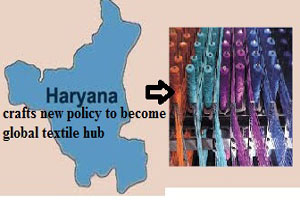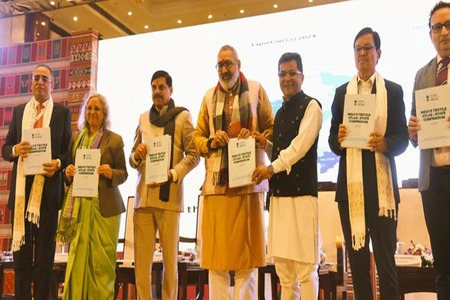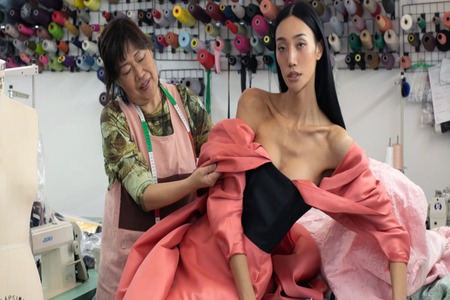
Haryana crafts new policy to become a global hub of textile manufacturing
YarnsandFibers News Bureau 2017-02-08 11:00:00 – ChandigarhThe Haryana state government has crafted a new textile policy which is packed with fiscal incentives and contains provisions for infrastructure augmentation, setting up of new textile parks and units, facilities for skill training and ensure growth and modernization of the existing textile industry in the state.
The policy has been formulated with an eye to make Haryana a global hub of textile manufacturing, a preferred investment destination and focus on the cotton belt of Haryana. The policy also aims at generating 50,000 new jobs by attracting investment in the textile sector to the tune of Rs 5,000 crore.
Haryana state is one of the leading cotton producers in the country with Sirsa, Fatehabad, Bhiwani, Hisar and Jind being the main cotton producing districts. This sector provides employment to about one million people and readymade garments worth $ 2 billion are exported from the state annually.
Under the draft policy, the state government will facilitate setting up of textile parks exclusively for garmenting units with provision of labour housing and built-up sheds (to be provided on lease basis) to facilitate expansion of the garmenting industry in the state.
Textile enterprises acquiring technology will be provided financial assistance of up to 50% of the cost for adopting technology from recognized national institutes, subject to maximum of up to Rs 25 lakh. Also electricity duty exemption is proposed for new enterprises.
The policy proposes capital subsidy of 10% for the eligible new projects of all textile enterprises across the state. The draft policy aims at positioning Haryana as a preferred destination for global textile majors. It aims to boost textile exports by compound annual growth rate (CAGR) of 20% during 2017.
Under the policy, the Haryana State Industrial and Infrastructure Development Corporation (HSIIDC) will offer industrial plots for a lease of 33 years with 5% increase in annual lease rent. Besides, panchayat land will also be made available on lease for industrial development.
An official spokesman said that the draft policy has been put in public domain and suggestions invited from stakeholders up to February 28, 2017, which would be factored in while giving it a final shape.
Market Intelligence
Ask for free sample Report

experience
Customer Base
dedicated team
Countries Served Worldwide









